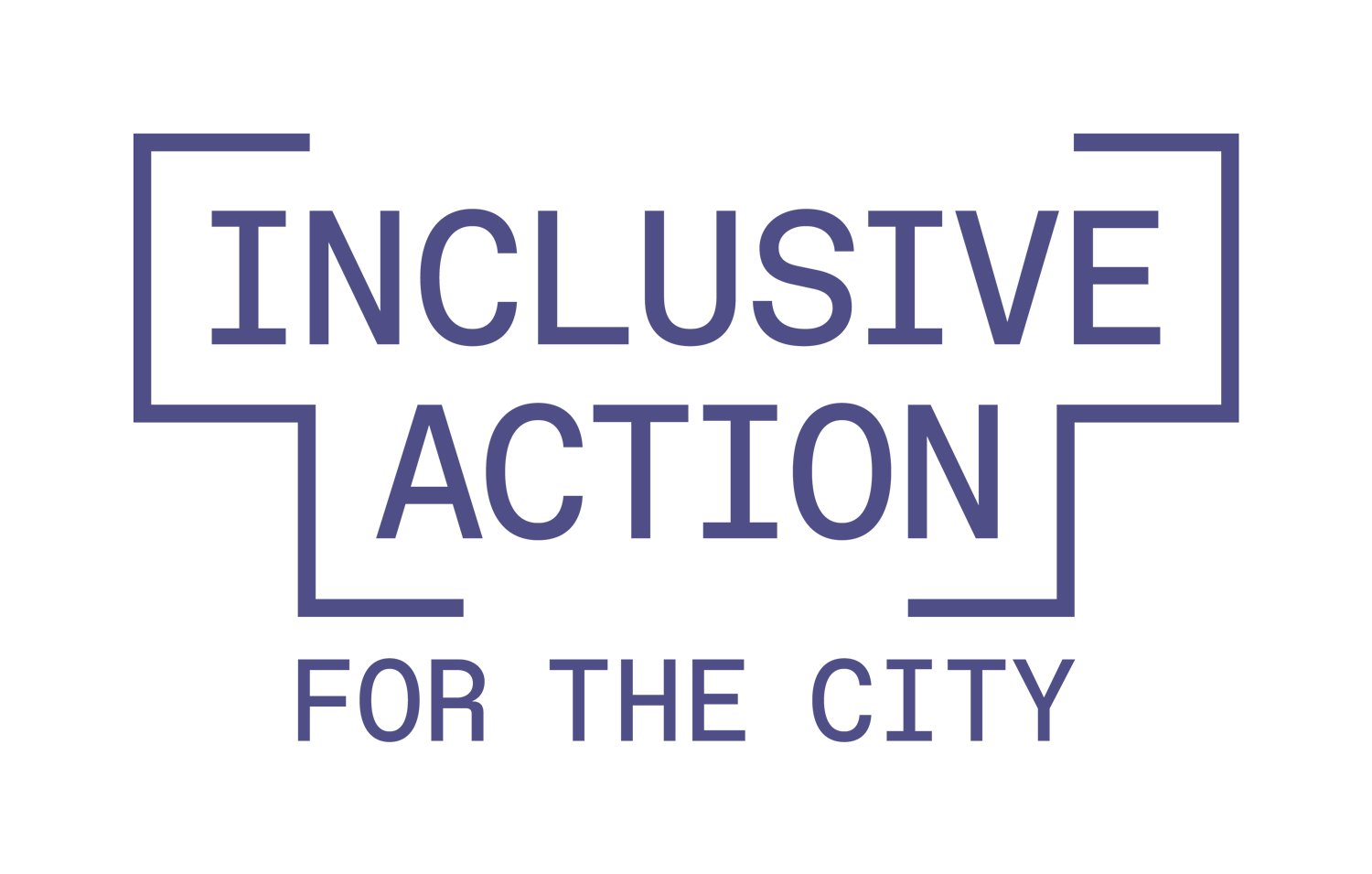The Racial Wealth Gap, a Crisis that Requires Renewed Community Engagement
By Nicole Anand, Deputy Director
How We Got Here
Over the last few months, the team at Inclusive Action for the City (IAC) has grown tremendously, fueled by an overwhelming demand for capital and economic relief in the communities we serve in Los Angeles. Every day, we receive inquiries about the low-interest loans we offer, the grant programs administered by our partners, and the pandemic-related policies that have protected families, but are now expiring. The faces of nearly all our clients are Black and brown, revealing to us that this “new” demand for our work isn’t new at all, but symptomatic of a racial wealth gap that is widening.
The racial wealth gap - the difference between historically advantaged and historically underserved racial and ethnic groups in assets owned and access to opportunities, support, and resources for wealth building - is real and persistent in the United States. In 2016, for every $100 held by white families in the country, Black families held $11. Today, in 2022, in the midst of recovering from a worldwide pandemic, we continue to see unspeakable levels of inequality.
In Los Angeles, this is undeniable in the nearly 60,000 people experiencing homelessness, the gentrification of communities of color, and the daily struggle of the one in three Angelenos who are immigrants and many of whom work day and night to run their own businesses and feed their households.The racial wealth gap is closely linked to other inequalities, making it the source of a myriad of societal issues we are facing and also a top priority to be addressed.
Despite evidence of the racial wealth gap that is readily available and occasionally “revealed” on major media outlets, the severity of these inequalities is met with a lack of urgency and complacency. The racial wealth gap has become such an integral part of our society and culture that we are desensitized to how this gap is harming our communities and the collective economy.
We are in a serious crisis of inequality that calls for urgent and unified action.
Wealth Building For Communities at the Margins
Inclusive Action sees the impact of the racial wealth gap on the underinvested communities we serve every day. Small business owners – from street vendors earning an average of $40-60 per day to mom-and-pop shops like restaurants, beauty parlors, and bakeries – face a crippling lack of access to capital and business development services to help them sustain and grow their businesses. The impact of the growing racial wealth gap, however, extends past small businesses and affects nearly all aspects of life for low-income, underserved Angelenos, resulting in overlapping crises in renting or owning homes, accessing quality education, and receiving high quality, timely and affordable healthcare.
We’ve been intervening in the systems perpetuating these inequalities for years because so many of the structures - from financial services to business licenses - are not built for Angelenos from underinvested communities. These communities are not visible to empowered institutions and decision-makers, and they are hence, also not supported or enabled by them. In turn, this results in weak local economies, and a whole industry of community-based organizations building and implementing programs to fill in the gaps.
Inclusive Action is only one of many organizations in Los Angeles focused on wealth building in communities that need it most. We are proud of our work and of our partners’ work, but we also recognize the need to be ambitious in this time of crisis. We need to take on more, and we need to reorient to find new answers to persistent problems.
Reigniting Our Commitment to Community Engagement
At Inclusive Action, we know we don’t have all the answers but we are committed to asking tough questions and experimenting to see how we can contribute to answering them. For us, paramount to addressing the racial wealth gap is creating spaces where ‘unlikely allies’ are created, and conversations are honest and action-oriented to hold empowered actors and institutions to account.
While we admittedly do not always know what will come from the interactions we facilitate, we've invested in numerous ways over the past decade to provide avenues for wider exposure. In early February, we hosted a marketplace at our office in Boyle Heights with micro entrepreneurs, financiers, non-profit partners and elected leaders. The event was filled with energizing music, delicious local food, candles, clothing and much more. In March, we hosted a press conference with our Open Air Economy Collaborative partners. Both events boasted a motley crew and made for a COVID-19 pandemic success where safe exposure to other people created curiosity and interest to further collaborate.
As we reopen spaces, Inclusive Action is embarking on a new adventure. We are doubling down on our community engagement work to boost our policy and lending efforts. We will focus on deep engagement through door-to-door outreach, invitations into shared community real estate, and a commitment to growing peer-to-peer support.
For a decade, Inclusive Action’s lending and advocacy supported the livelihoods and well-being of people of color, immigrants and low-income business owners. During this time, we’ve seen that the racial wealth gap cannot be closed without an infusion of social capital and real commitment to building “people power”. That’s next for us — we will be strengthening our direct community outreach, creating robust feedback mechanisms for community leaders to shape decisions at Inclusive Action, and launching new programs that center social capital offerings. Join us, we want to collaborate with you!
